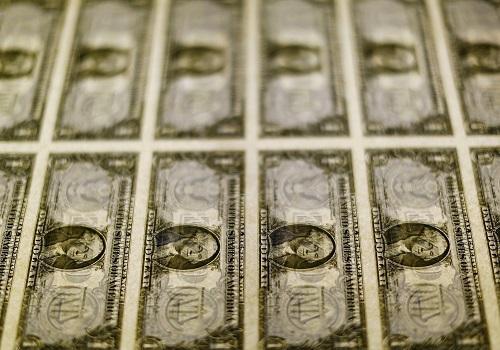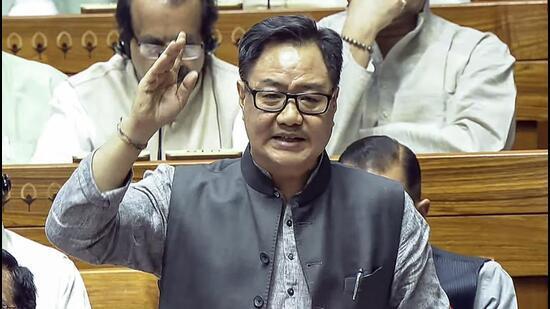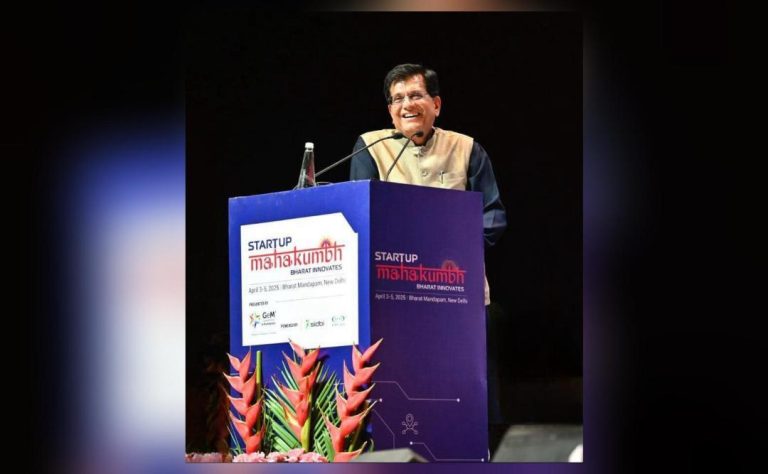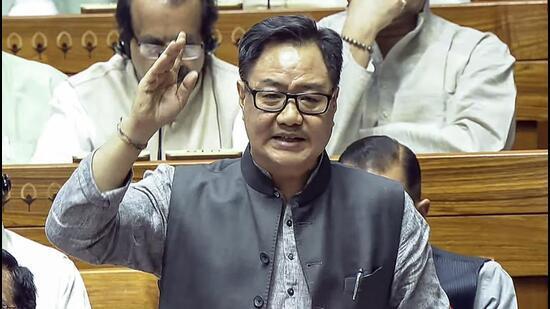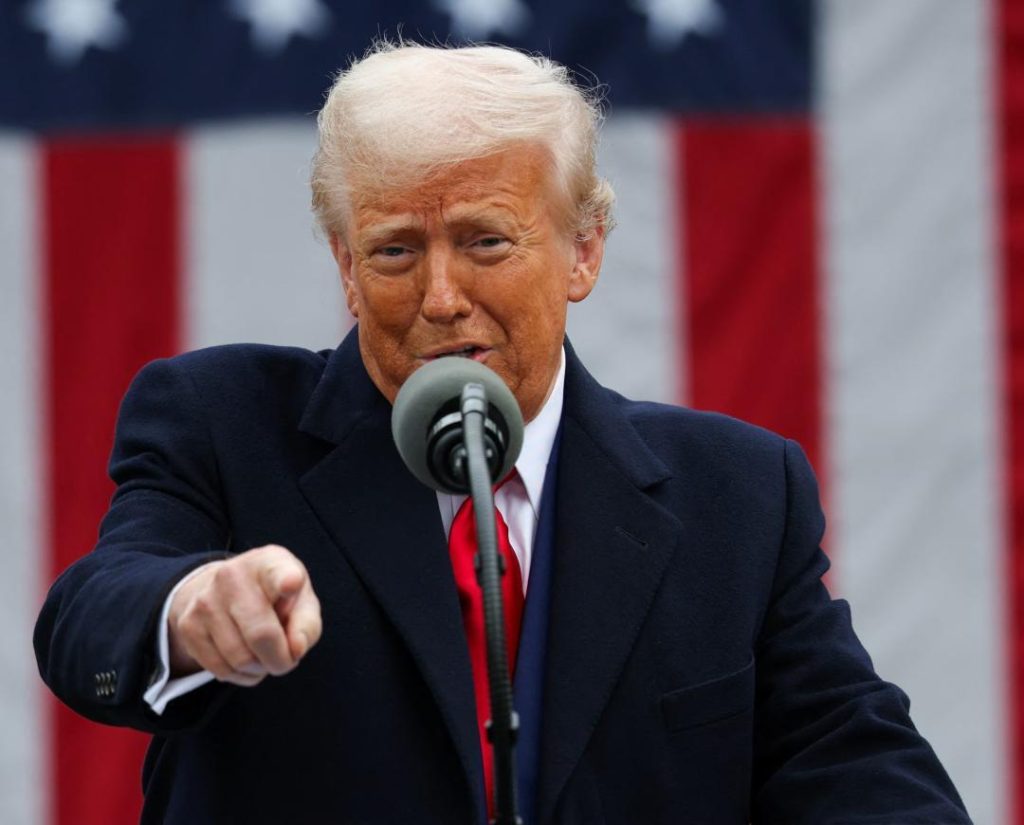
Which goods & items are exempt from Trump’s new tariffs?
In a move aimed at protecting American industries, US President Donald Trump announced a new set of reciprocal tariffs on Wednesday, April 2. The tariffs, which will be effective from May 10, are aimed at leveling the playing field for American companies by making imports from other countries more expensive. However, not all goods and items are affected by these tariffs. In this blog post, we will explore the list of exemptions and what goods and items are kept out of the ambit of these tariffs.
Pharmaceuticals
One of the most significant exemptions from the tariffs is pharmaceuticals. This is a significant development, as pharmaceuticals are a major export item for several countries, including India. According to a report by Moneycontrol, pharmaceutical products worth nearly $9 billion are exported from India every year. The exemption of pharmaceuticals from the tariffs is a relief for countries that rely heavily on export of these products. This exemption is likely to benefit countries like India, China, and Switzerland, which are major exporters of pharmaceuticals.
Bullion (Physical Gold and Silver of High Purity)
Another exemption from the tariffs is bullion, which includes physical gold and silver of high purity. This exemption is likely to benefit investors and traders who deal in these precious metals. The exemption of bullion from the tariffs is significant, as it is a key component of many investors’ portfolios.
Energy
Energy products are also exempt from the tariffs. This includes crude oil, refined petroleum products, and natural gas. This exemption is likely to benefit energy-producing countries like Saudi Arabia, Russia, and Nigeria, which rely heavily on exports of these products.
Some Minerals Not Available in the US
Certain minerals that are not available in the United States are also exempt from the tariffs. This includes minerals like cobalt, lithium, and rare earth minerals, which are used in the production of electric vehicles and other high-tech products. The exemption of these minerals from the tariffs is likely to benefit countries like the Democratic Republic of Congo, which is a major producer of cobalt and other minerals.
Copper
Copper, which is a key component of many electronic products, is also exempt from the tariffs. Copper is used in the production of wiring, circuit boards, and other electronic components. The exemption of copper from the tariffs is likely to benefit countries like Chile and Peru, which are major producers of copper.
Steel and Aluminium
Steel and aluminium, which are key inputs for many industries, are not exempt from the tariffs. In fact, the tariffs on these products are some of the highest, with a 25% tariff on steel and a 10% tariff on aluminium. This exemption is likely to benefit American steel and aluminium producers, who have been complaining about the dumping of these products by foreign countries.
Semiconductors
Semiconductors, which are used in the production of electronic products like smartphones and computers, are also exempt from the tariffs. This exemption is likely to benefit countries like South Korea and Taiwan, which are major producers of semiconductors.
Lumber Articles
Lumber articles, which include wood and wood products, are also exempt from the tariffs. This exemption is likely to benefit countries like Canada and Sweden, which are major producers of lumber articles.
Why the Exemptions?
The exemptions from the tariffs are likely due to a combination of factors. One reason is that the US government may not want to disrupt the supply of critical goods and services. For example, pharmaceuticals are a critical component of the US healthcare system, and disruptions to the supply of these products could have serious consequences. Similarly, energy products are essential for the US economy, and disruptions to the supply of these products could have significant economic implications.
Another reason for the exemptions is that the US government may not want to alienate key trading partners. For example, the exemption of pharmaceuticals from the tariffs is likely to benefit India, which is a key partner in the US-India strategic partnership. Similarly, the exemption of energy products from the tariffs is likely to benefit countries like Saudi Arabia, which is a key partner in the US-Saudi Arabia strategic partnership.
Conclusion
In conclusion, not all goods and items are affected by President Trump’s new tariffs. Certain commodities like pharmaceuticals, bullion, energy products, some minerals not available in the US, copper, steel, aluminium, semiconductors, and lumber articles are exempt from the tariffs. These exemptions are likely due to a combination of factors, including the critical nature of these goods and services, the need to maintain good relations with key trading partners, and the desire to protect American industries.
Source:
